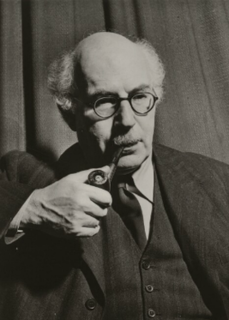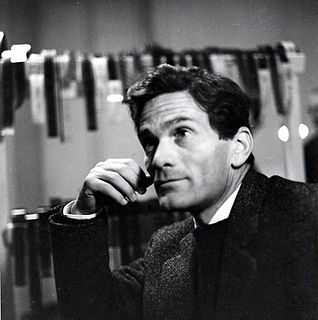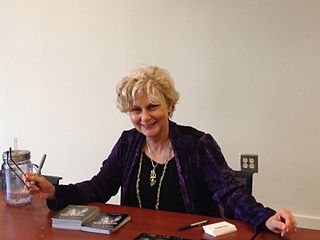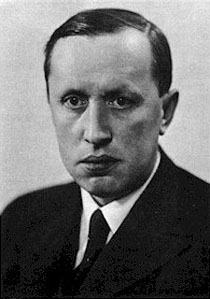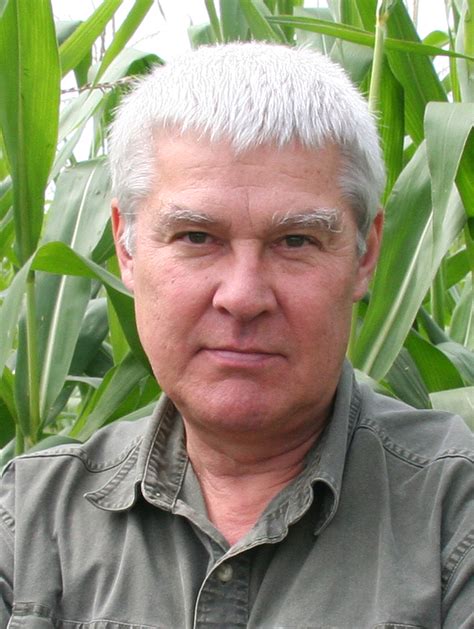A Quote by Victor Gollancz
The plain fact is that we are starving people, not deliberately in the sense that we want them to die, but wilfully in the sense that we prefer their death to our own inconvenience.
Related Quotes
Habits are powerful, but delicate. They can emerge outside our consciousness, or can be deliberately designed. They often occur without our permission, but can be reshaped by fiddling with their parts. They shape our lives far more than we realize—they are so strong, in fact, that they cause our brains to cling to them at the exclusion of all else, including common sense.
Give people pride and they'll live on bread and water, bless their exploiters, and even die for them. Self-surrender is a transaction of barter: we surrender our sense of human dignity, our judgement, or moral and aesthetic sense for pride. If there is pride in being free, we are ready to die for liberty. If there is pride to be derived from an identification with a leader, we grovel in the dust before a Napoléon, Hitler or Stalin and are ready to die for him. If there is a distinction in suffering we search for martyrdom as for hidden treasure.
Death does determine life. Once life is finished it acquires a sense; up to that point it has not got a sense; its sense is suspended and therefore ambiguous. However, to be sincere I must add that for me death is important only if it is not justified and rationalized by reason. For me death is the maximum of epicness and death.
A personal relationship with God enhances life. First, it enables us to accept our limitations without being frustrated by them. It assures us that problems we can't solve are not necessarily insoluble. Second, when we need it, God offers us a sense of forgiveness, a sense of cleansing from our incompleteness. . . . Last and perhaps most important, a personal relationship with God redeems us from the fear of death. We needn't be afraid that all our good deeds will vanish when we die.
We are left with nothing but death, the irreducible fact of our own mortality. Death after a long illness we can accept with resignation. Even accidental death we can ascribe to fate. But for a man to die of no apparent cause, for a man to die simply because he is a man, brings us so close to the invisible boundary between life and death that we no longer know which side we are on. Life becomes death, and it is as if this death has owned this life all along. Death without warning. Which is to say: life stops. And it can stop at any moment.
Heroes are necessary in order to enable the citizens to find their own ideals, courage and wisdom in the society. The hero carries our hopes, our aspirations, our ideals, our beliefs. In the deepest sense the hero is created by us; he or she is born collectively as our own myth. This is what makes heroism so important: it reflects our own sense of identity and from this our own heroism is molded.
Being part of The L Word made me realize how much more television can be that what I had experienced in my lifetime in terms of being able to be of service to people. I had so many fans come up to me who were really deeply appreciative of the show and what it had meant for them and their own sense of identity and their own sense of inclusion in our society and in our culture.
I have been in many countries, and I have found there people examining their own love of life, sense of peril, their own common sense. The one thing they cannot understand is why that same love of life, sense of peril and above all common sense, is not invariably shared among their leaders and rulers.
